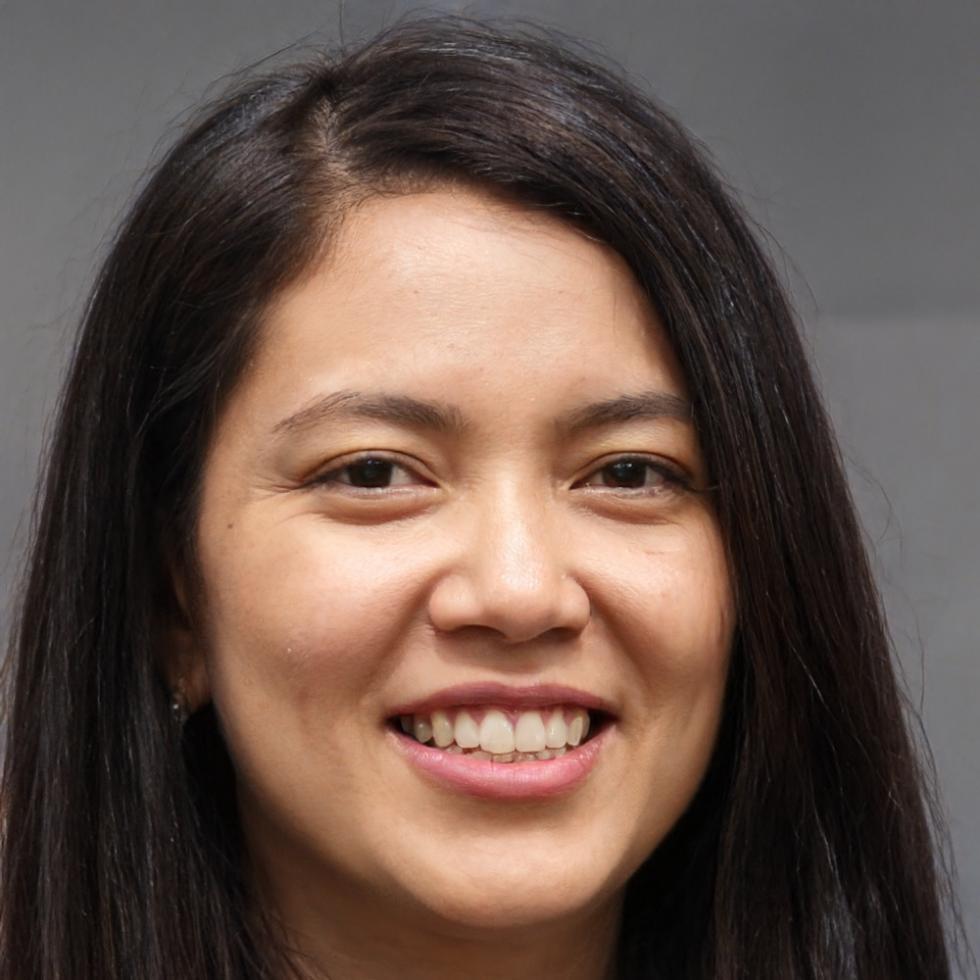Hospitality
From Chaos to Clarity
Cafe owner came to us with shoeboxes of receipts and mounting stress. We set up a system that takes 20 minutes per week instead of panic sessions at tax time. Nothing fancy — just organized.
Started in a garage with spreadsheets and hope. Now we help people across Australia make sense of their finances without the jargon.
Every business has a story. Ours involves late nights, too much coffee, and learning that people just want honest financial advice.
Zara Calloway quit her corporate job after watching too many clients get buried in financial complexity. She opened a small office in Kingscliff with one mission: make financial planning actually understandable. The first year was rough. But word spread fast when people realized they weren't being sold products they didn't need.
Pandemic hit. Like everyone, we had to adapt quickly. Started virtual consultations and discovered that many clients actually preferred them. Built out our digital tools and refined our approach based on what people were genuinely asking for — not what textbooks said they should want.
Brought Finnegan Dempsey on board after he spent years untangling small business finances. His background in hospitality and retail meant he understood the chaos of variable income. Together we expanded services to include better support for self-employed professionals and trades.
We're still in Kingscliff, still committed to straightforward advice. Planning to launch quarterly workshops later this year where locals can learn financial basics without feeling talked down to. Also working on simplified planning tools that don't require a finance degree to understand.
Things we tell almost everyone because they work. No complex strategies — just practical steps that make a difference.
Most people guess at their spending. Track it for one month — just one — and you'll spot patterns you never noticed. Use an app or a notebook, whatever works. The insight is worth the effort.
Set up automatic transfers to savings on payday. Even fifty bucks. You adjust to what's left faster than you think. Manual saving requires willpower every single time — automation removes that decision.
Before fancy investments, build a buffer. Three months of essentials in an account you can access quickly. Sounds boring but it's the difference between handling a crisis and spiraling into debt.
Life changes. Your plan should too. Once a year, check if your strategy still fits. New job? Kid starting school? House plans? These shift what makes sense financially.
Small team, deliberate choice. We'd rather know our clients well than scale fast and lose that connection.

Founder & Financial Planner
Spent twelve years in corporate finance before realizing she was solving the wrong problems. Now focuses on helping people avoid the mistakes she watched others make. Believes financial planning should feel like a conversation, not a lecture.

Business Finance Specialist
Ran two small businesses before moving into financial planning. That experience means he gets the reality of irregular cashflow and unexpected expenses. Works mainly with self-employed clients who need flexibility, not rigid plans.
Not a mission statement. Just what gets us up in the morning.

We're frustrated by how overcomplicated the financial industry makes everything. Too many advisors sell complexity because it justifies fees. We went the opposite direction.
Our approach: strip away the jargon, focus on what actually matters for your situation, create a plan you can explain to a friend over coffee. If you can't understand your own financial strategy, something's wrong.
We're building long-term relationships with clients who value honesty over sales pitches. That means sometimes we recommend options that earn us less but serve you better. It's how we sleep at night.